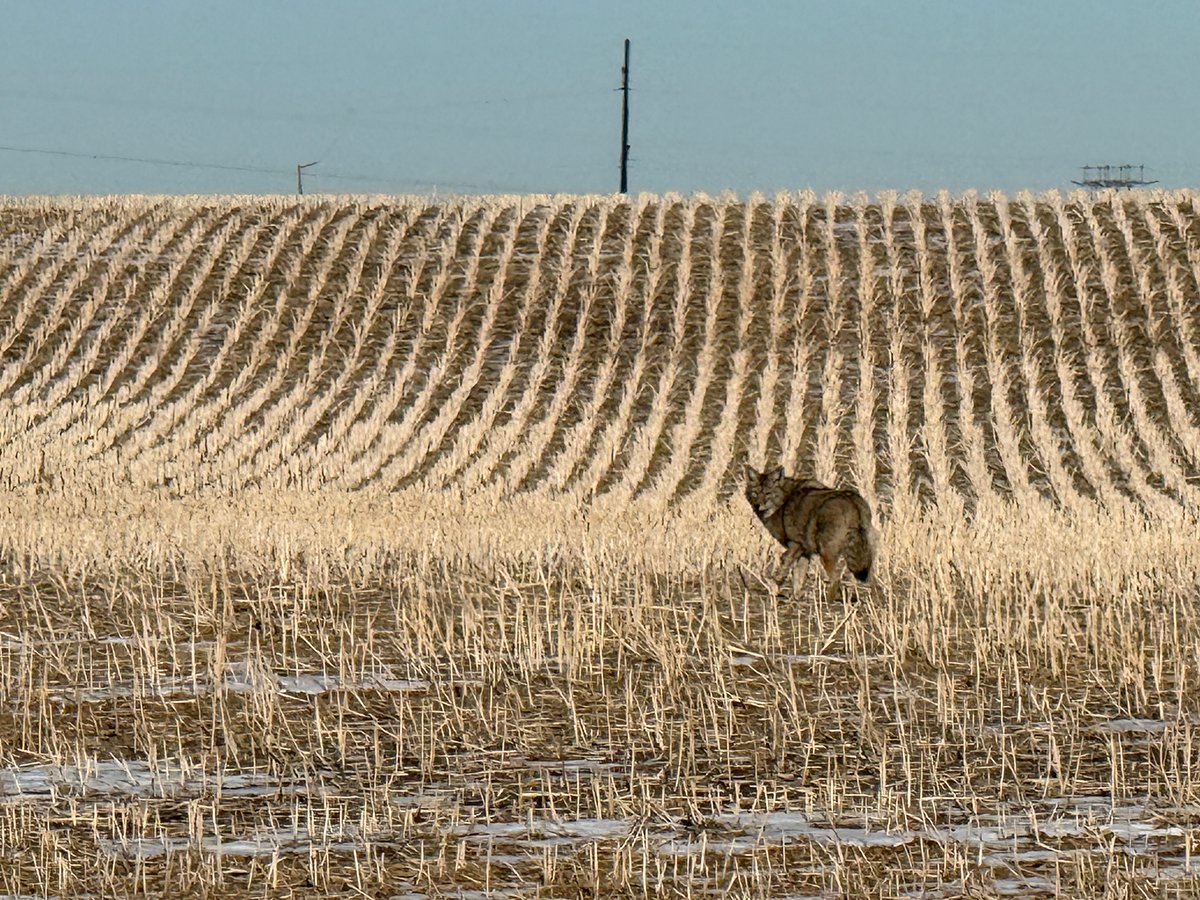Farmers get environmental report and compare agronomic practices that might improve profits
The phrase “ecological footprint” was all the rage a few years ago as people attempted to reduce their impact on the earth’s air, water and land.
With that concept in mind, a consortium of grower associations and industry groups has developed a software tool to help Canadian farmers measure and minimize their footprint.
The group doesn’t have a name, but its online tool is available for interested growers.
“The calculator itself is called the Canadian On-Farm Sustainability Calculator,” said Denis Tremorin, Pulse Canada’s director of sustain-ability.
Read Also

October proved warmer than average
We are going to take a quick look back at how October shaped up across the Prairies — are we already seeing the forecasted winter weather pattern developing?
Pulse Canada, the Canadian Canola Growers Association, Ducks Unlimited, Prairie Oat Growers, General Mills and Crop Life Canada joined forces to develop the software, which is based on research into sustainable agronomic practices.
“Ag Canada has been developing these (sustainability) indicators and metrics for agriculture as a whole,” Tremorin said.
“What we’re doing is taking those indicators and applying them to individual crops. Now we’re refining it to where you can apply those indicators at an on-farm level.”
Only nine farmers in Alberta and Manitoba have used the software, but many “have expressed an interest but have not filled out the calculator yet,” Tremorin said.
Producers can find the calculator at www.serecon.com/calculator.
The program evaluates a farm’s footprint when it comes to:
- greenhouse gas emissions
- energy use
- soil erosion
- soil organic carbon
- land use efficiency
Farmers enter data on fertilizer use, pesticide applications, field size, types of equipment and horsepower and tillage practices.
In return they receive a report detailing their environmental performance relative to other farmers.
“As we capture more information, what we want to do is regionalize the data set. If you’ve got 25 growers in the Red River Valley … you can present information to the public and back to the growers,” Tremorin said.
“This is how this region looks like, this is how the best (growers) are performing and this is why they are (successful).”
The consortium is similar to an American project called Field to Market, in which McDonald’s, Walmart, Unilever, Kellogg’s, Coca-Cola, Cargill and General Mills work with the National Association of Wheat Growers, National Corn Growers, the United Soybean Board and the American Farm Bureau to encourage farmers to adopt more sustainable practices.
Field to Market president Rod Snyder said growers use the Fieldprint Calculator to establish a sustain-ability benchmark. They can then adopt practices to move above that base line.
Snyder said Field to Market doesn’t prescribe a path to sustainability.
“Field to Market and its members are not dictating practices…. It’s all designed to be outcomes based. A farmer makes (his) own practices and decisions,” he said.
Steve Peterson, General Mills director of sustainable sourcing, said Field to Market members work with growers to spread the sustainable agriculture message.
For instance, Field to Market is working with more than 30 Idaho farmers who were overwatering crops with central pivot irrigation. The growers have adopted variable rate irrigation, which has boosted yields and conserved water.
Peterson said stories of reduced input costs and increased profitability can quickly spread.
“By proving this value proposition, then it will spread naturally and organically at the coffee shop,” Peterson said.
“It’s a verification scheme based on regional engagement with progressive growers.”
Tremorin said the Canadian group has adopted a similar philosophy.
“Showcase the leaders so others realize they can adopt some practices that make them more profitable and more efficient. That’s really the role of this calculator, is to highlight (leaders).”
Tremorin said Unilever, Nestle and Walmart regularly send questionnaires to Canadian grain companies to find out how prairie farmers grow crops. The grain companies pass the forms onto farmers.
Many Canadian growers think the questionnaires are ridiculous and have refused to participate.
“It’s not a very friendly process some times,” Tremorin said.
“There’s pushback (from growers) in terms of why are they asking me these questions because some of them are related to child labour? They’re assessments that are meant for the globe.”
Tremorin said the sustainability calculator could help shift the process from a “check the box” approach to a system based on measurable results.
The Canadian group is also working with crop advisory companies such as Farmers Edge and Agri-Trend to imbed the sustainability program into their software so that sustainability data can be collected indirectly.
The Canadian group is considering the name Field to Market Canada, but hasn’t decided yet.















